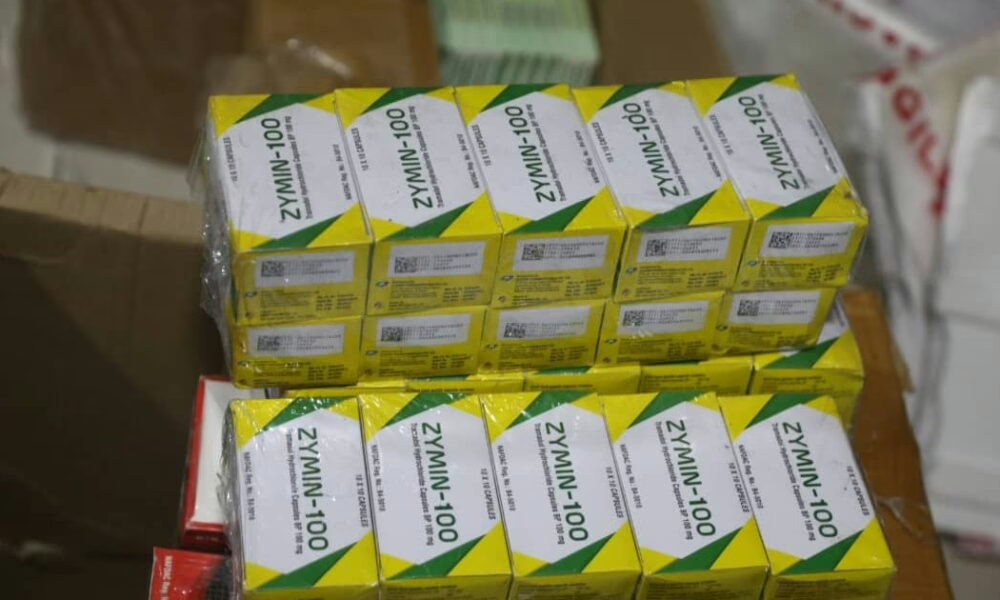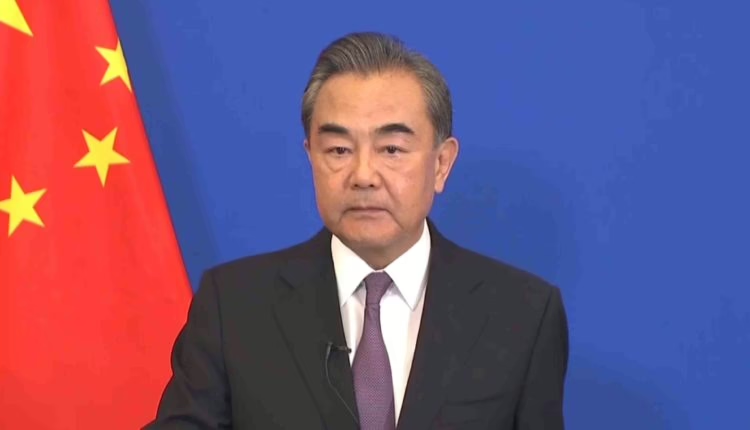By Chukwuma Umeorah
The Nigerian Exchange Limited (NGX) has witnessed remarkable growth over the past few years. Beyond the strategic policy reforms that have driven its growth rate of 45.9 per cent under President Bola Tinubu’s first year in office, another factor that has shaped the dynamics of the market in recent years has been the impact of major listings.
Among the most anticipated of these listing in 2024 is the Dangote Refinery. Experts have been vocal about the potential benefits of listing the Dangote Refinery on the NGX. The Founder and CEO of Dangote Group, Aliko Dangote, announced in December 2023 that the refinery would be listed on the Nigerian Exchange Limited (NGX). This was reaffirmed by Devakumar Edwin, Executive Director at the refinery, who emphasized the strategic importance of leveraging both the NGX and the London Stock Exchange to optimize market reach and depth. He said that “The refinery would be listed on the stock exchanges in the United Kingdom and Nigeria because the NGX will not have adequate depth to exclusively handle the petroleum refinery.”
Although no specific date for the listing was given, he assured the public that the $20 billion refinery, with a refining capacity of up to 650,000 barrels per day (bpd), would join the market before the end of the year.
The National Coordinator of the Progressive Shareholders Association of Nigeria (PSAN), Boniface Okezie, hailed the move as a positive development with substantial benefits for the Nigerian economy. However, Okezie emphasized the importance of prioritizing the listing on the NGX first to ensure that domestic investors become significant stakeholders.
According to him, “The London stock exchange has no direct impact on the Nigerian economy. Besides, the refinery is in Nigeria, and it would only be proper to list here first. It is also important to note that the government, through NNPCL, has about a 20 per cent stake in the refinery, so it is only right for Nigerians to become part owners by buying its shares and participating in it.”
Okezie also highlighted the crucial role of indigenous multinational companies in driving economic growth and advocated for regulatory measures to compel such entities to list on the NGX. He criticized the disparity between foreign-listed companies and indigenous ones, citing the need for a level playing field to boost investor confidence and stimulate market activity. “The government, through the Securities and Exchange Commission (SEC), should mandate Nigerian companies that are operating on a multinational level to list on the NGX. Investors, local and foreign, would take the market more seriously, increase their investments, generate more forex, boost our capital market and by extension improve our economy,” he added.
Another major listing expected to shape the market this year is that of the Nigerian National Petroleum Company Limited (NNPCL). Its Group Chief Executive Officer, Mele Kyari, in March, said that the anticipated public listing of the company’s shares at the stock market would be carried out as provided for in the Petroleum Industry Act (PIA). Experts have canvassed for the listing of NNPCL as it is expected to attract substantial investment due to its pivotal role in the energy sector.
While market operators eagerly await, the President of the Institute of Capital Market Registrars (ICMR), Seyi Owoturo, in an interview with Daily Sun, also urged the government to expedite the listing of NNPCL, emphasizing the significant impact it would have on the nation’s economy. He pointed out the considerable value NNPCL could bring to the capital market if it were publicly listed.
While citing the impact of similar oil companies on large operating scale listed on the stock market of other countries, Owoturo said, “It is a no brainer, listing a company of that size would not only boost the capitalization and liquidity of the Nigerian stock exchange, but it would also improve the transparency level in NNPCL and attract even larger companies.”
Previous listings and its impact on NGX
The impact of previous major listings on the NGX cannot be overstated. In 2019, MTN Nigeria (MTNN) listed by introduction 20.35 billion ordinary shares at N90 per share. This record-breaking listing at the time, added a whopping N1.83 trillion to the stock market capitalization. MTNN became the first Mobile Network Operator to be listed on the Exchange. This did not only open a new investment dimension, but it also provided investors with the opportunity to participate in and benefit from its growth prospects.
In 2022, BUA Foods and Geregu Power Plc collectively added about N970 billion to the market capitalization upon listing. More recently, in October 2023, Chapel Hill Denham’s Nigeria Infrastructure Debt Fund (NIDF) listed 853,817,592 units at N108.39 per unit, amounting to N92.5 billion. In the same month, VFD Group listed 190,027,365 shares at N245 per unit, equivalent to a market value of N46.6 billion. These listings, along with Mecure joining the NGX in November, added about N151 billion to market capitalization.
The most recent heavyweight addition was in March 2024 when Transcorp Power Plc listed 7.5 billion shares at N240 per share, boosting the overall NGX market capitalization by N1.8 trillion. These listings have not only attracted significant investor interest but have also improved market liquidity and delivered positive year-on-year performance and value to shareholders.
The allure of a major listing on the NGX is akin to a new bride. Investors, both seasoned and novice, are drawn to the excitement and potential for high returns. The significance goes beyond just adding new companies to the trading floor; it represents opportunities for increased market depth, liquidity, and investor engagement.
Strategic reforms
While president Tinubu’s reforms have played a crucial role in driving investor confidence and market growth, the management of NGX has continued to advocate and outline strategies through several stakeholder engagements to encourage listings. During the Group’s 63rd Annual General Meeting (AGM), which was held recently, Temi Popoola, NGX Group GMD/CEO, emphasized the importance of government policy and alternative asset classes.
He noted that “Policy can drive companies to list if the government wills it, and it worked during the indigenization policy of the 70s.”
Experts have also suggested increasing privatization to enhance the efficiency and profitability of public companies. This, they believe, would help distribute wealth among Nigerians and prioritize long-term finance for government projects through the capital market, ultimately strengthening the market and setting the nation’s economy on a positive trajectory for sustained growth.











